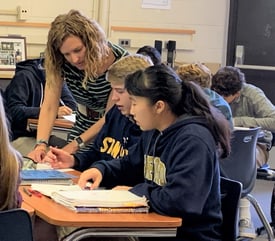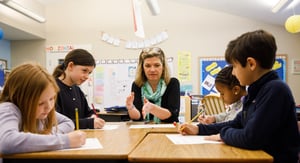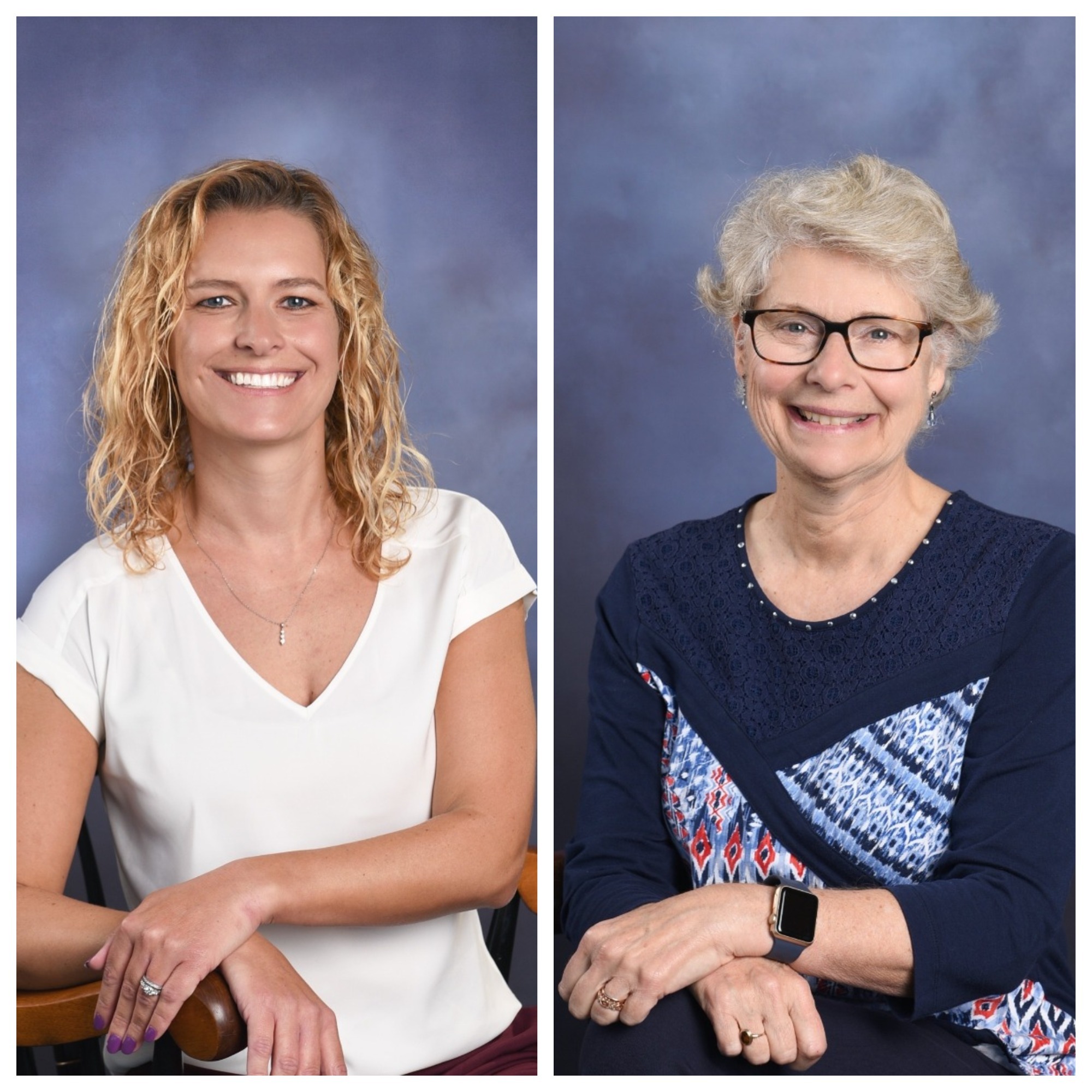The study of mathematics involves the balance of procedural skill, fluency, conceptual understanding, and application. Engaging students to make sense of math, rather than teaching them to memorize concepts, helps create mathematical thinkers. An important key to understanding mathematical concepts is a problem-solving approach in the classroom.
 Mathematical problem solving helps students
Mathematical problem solving helps students
- Cultivate critical thinking skills
- Provide opportunities to improve confidence by taking mathematical risks
- Develop perseverance in solving a challenging problem
- Improve communication of mathematical reasons and justifications
- Encourage the use of multiple approaches and strategies
“When will I ever use this?”
Problem-solving opportunities to look for in the classroom
- Engaging problems
Observe students finding creative ways to approach real-world examples and pull together various methods to determine solutions. Engaging word problems give students a reason to learn new concepts. - An opportunity for students to apply multiple skills
Most word problems in each section of a math book are written so that students are applying the skill or skills learned in that one section. To help push students from procedural fluency to a deeper understanding, it is important to find a math program that provides an opportunity for students to decide which concepts to apply in finding solutions. In this way, they will not learn processes by rote and quickly forget them out of context. Rather, they will access their mathematical toolbox and pull out the appropriate skill to tackle diverse challenges. - Collaborative Learning Environment
Find a learning environment that encourages students to work in groups for determining solutions to open-ended questions, giving them an opportunity to apply prior knowledge or test out new ideas. These kinds of problems improve students’ critical thinking skills and create a need for students to prove their ideas in a collaborative setting. Learning from peers can often help a student's light bulb go off if their classmate's explanation connects with them more than the textbook or teacher. Moreover, students learn better when they have to communicate why they chose particular strategies to problem-solve and how they executed each step toward a solution.
Watch students reap the following benefits from a math curriculum focused on problem-solving
- The natural use of learned skills and concepts
- Technology being used in creative ways
- Growing confidence in their mathematical reasoning
- A desire to share their solution with other students
- Pride in their accomplishments
At Sanford School, problem-solving is an integral component of the mathematics curriculum, starting in the lower school. Our goal is to foster intellectual development to prepare students for success in a rapidly changing world. Our rigorous curriculum provides the mathematical skills required for college and everyday life.
Chris Mosberg has taught Math for over 30 years at Sanford School and was the Co-Chair of the math department. She is an integral part of the Sanford community supporting and advising students and faculty. Mrs. Mosberg earned her Master's Degree in Mathematics Education from Virginia Tech.









